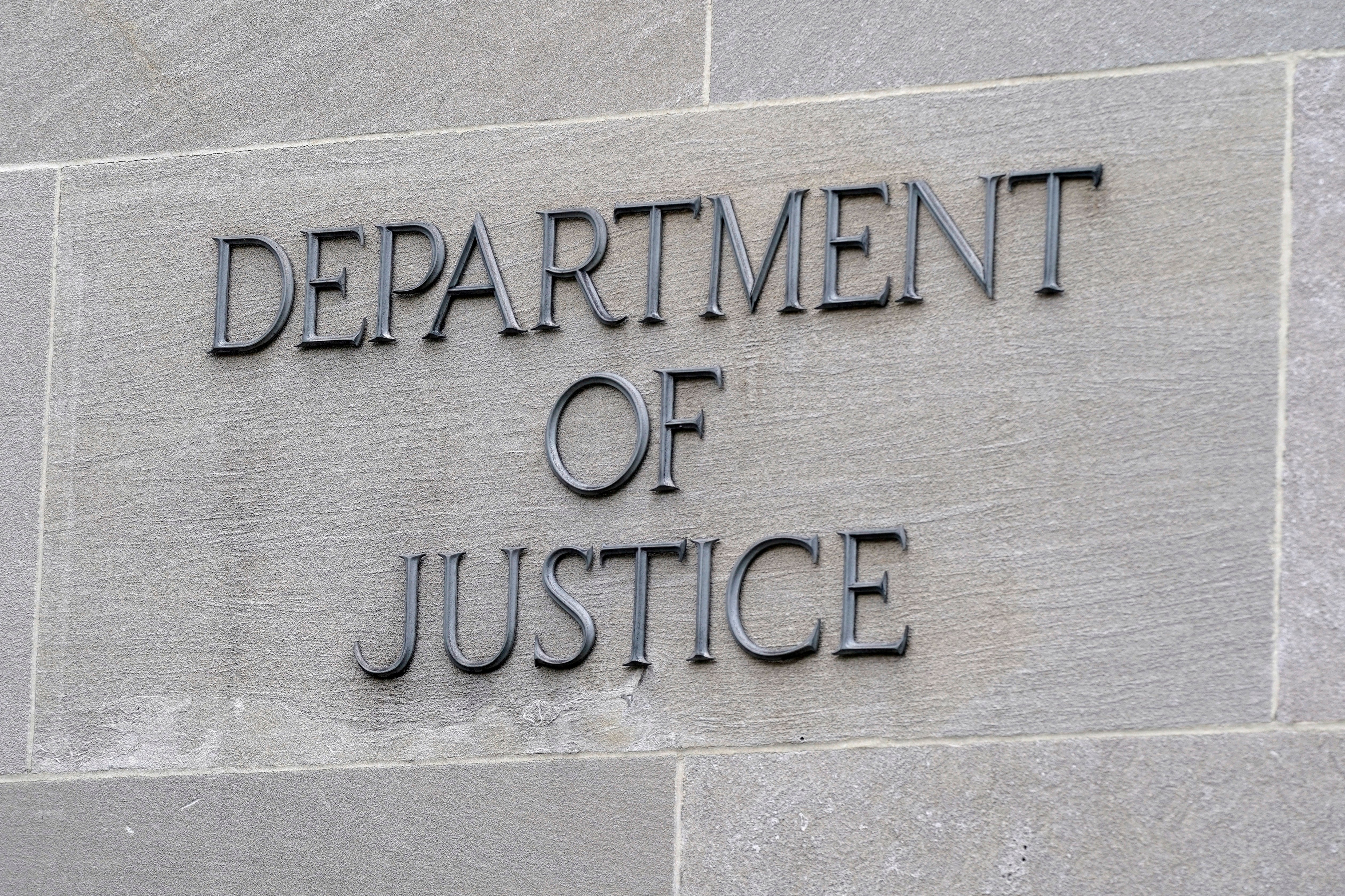Justice Department expands anti-profiling rules to cover thousand more in judicial system
The Justice Department has come out with new guidance emphasizing that investigations must be free from bias involving race and gender or against people with disabilities

Your support helps us to tell the story
From reproductive rights to climate change to Big Tech, The Independent is on the ground when the story is developing. Whether it's investigating the financials of Elon Musk's pro-Trump PAC or producing our latest documentary, 'The A Word', which shines a light on the American women fighting for reproductive rights, we know how important it is to parse out the facts from the messaging.
At such a critical moment in US history, we need reporters on the ground. Your donation allows us to keep sending journalists to speak to both sides of the story.
The Independent is trusted by Americans across the entire political spectrum. And unlike many other quality news outlets, we choose not to lock Americans out of our reporting and analysis with paywalls. We believe quality journalism should be available to everyone, paid for by those who can afford it.
Your support makes all the difference.The Justice Department issued new guidance Thursday emphasizing that investigations must be free from bias involving race and gender or against people with disabilities. Anti-profiling rules were also expanded to include thousands more people who are part of the justice system.
The guidelines obtained by The Associated Press are the first updates in nearly a decade and now cover thousands more people than before, including prosecutors, lawyers, analysts and contractors. They already applied to agents for Justice Department agencies such as the FBI and the Drug Enforcement Administration and local officers who work with them on task forces.
The update also requires, for the first time, more extensive data collection measures that are intended to ensure the guidance is being followed.
The effort is intended to root out biased work, practices condemned as unfair, likely to create mistrust and violate civil rights. The guidelines aim to bar bias based on the use of race, ethnicity, gender, national origin, religion, sexual orientation, gender identity, and now, disability.
“Fair and unbiased law enforcement practices are smart and effective law enforcement practices,” according to the guidance.
Details about those characteristics can be used, though, if investigators obtain such information along with additional, detailed context that shows it's reliable and linked to a specific incident or investigation.
For example, investigators could not single out people of a certain race or faith based on a tip about a possible attack without any specifics about date, time or a full description of a suspect.
Training on the new guidelines will be required to start within a year for local law enforcement deputized to work with federal agencies on task forces.
To make sure the rules are being carried out, the law enforcement agencies must begin tracking complaints alleging bias within six months and create data-driven research projects to track how the guidelines are playing out and report on that research within a year.